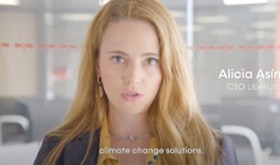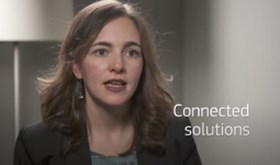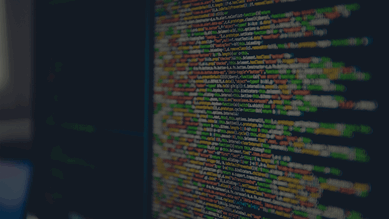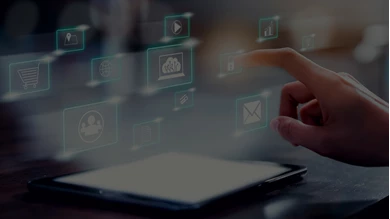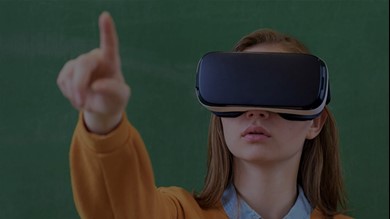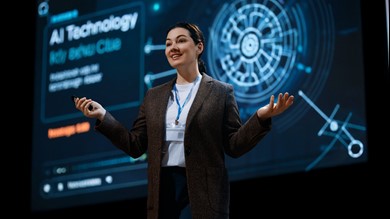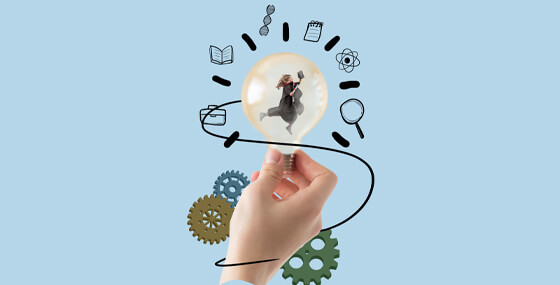We live with exponential technologies that are changing our companies, society and life. How far can we get with this technology in our cities, companies, food production or natural spaces? How will these technologies will impact in future jobs? Which will be the most demanded skills? And how will we deal with privacy?
IoT to promote democracy and transparency
IoT represents a game changer for our companies and cities. Thanks to affordable and accurate sensors we have more data than ever that we can transform in meaningful and actionable information thanks to AI. We have the ability to improve the traffic in our cities, save energy and resources and achieve a better quality of life for citizens. However, the tech invasion in our cities arises big questions and concerns regarding security and privacy. In order to make the most of the technology available and make citizens participators of this process instead of oppositors, cities need to embrace “datacracy” to transform the way cities interact with citizens, reflect more accountability and strength our democracies.
Main cities' challenges to be smart and sustainable
Our cities are being populated with thousands of sensors to become more sustainable and liveable but what are the main challenges for tech adoption: is it tech maturity? funding? Planning? People? We will visit the major applications in smart cities and also major pitfalls and lessons learned.
How technology will save the world
Tech companies are transforming the way we communicate to each other, buy things, consume media or travel around the world. But tech is also a great tool to face the biggest challenges we face as humankind: water scarcity, hunger, climate change, carbon emissions etc. all this linked to SDGs.





